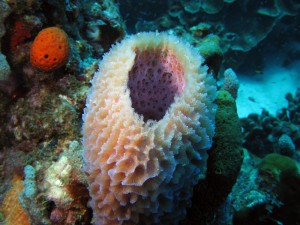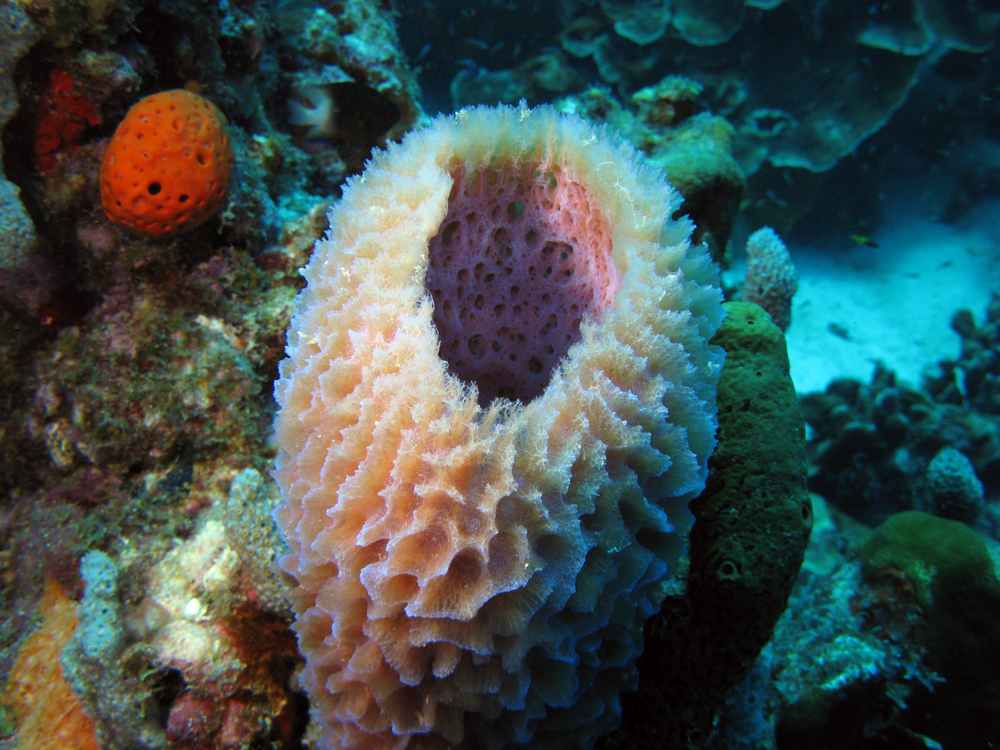 According to research presented at the National Cancer Research Institute (NCRI) Cancer Conference in Liverpool, eribulin, a cancer drug originally developed from sea sponges, could add an average of five months of life to women suffering with advanced triple negative breast cancer.
According to research presented at the National Cancer Research Institute (NCRI) Cancer Conference in Liverpool, eribulin, a cancer drug originally developed from sea sponges, could add an average of five months of life to women suffering with advanced triple negative breast cancer.
Professor Chris Twelves and his team from the University of Leeds and Leeds Teaching Hospitals NHS Trust, assessed two major clinical trials of more than 1,800 women suffering with breast cancer that began to spread to other regions of their bodies. The Phase 3 trials (preceding the decision of whether a drug should be prescribed to patients or not) compared the survival rates of women treated with eribulin to those treated with a standard therapy.
Both studies showed an overall improvement in survival for women treated with eribulin. The most significant results were seen in women with advanced triple negative breast cancer, a form of cancer that has limited treatment options. Upon eribulin treatment, these women survived and additional five months. Furthermore, women suffering from HER2 negative breast cancer who received eribulin, also survived an additional two months.
When cancer spreads to other organs (metastasises), survival rates are significantly reduced and about 90 percent of patients die. Furthermore, when patients are diagnosed after the disease has already spread, the 10-year survival is dramatically reduced, and in average, only one in ten patients will survive.
Professor Chris Twelves, stated in a Leeds University press release, “Our results show a substantial improvement in survival for women with metastatic triple negative breast cancer, and a more modest, but significant, benefit for those with HER2 negative breast cancers. Eribulin has previously been offered to women who’ve already been through several lines of chemotherapy. But the European Union has recently approved eribulin for patients who have received less treatment for their breast cancer, which means we hope to give more patients another treatment option in the not-too-distant future. Despite advances in the diagnosis and treatment of women with breast cancer, more than 11,600 women still die from invasive breast cancer each year in the UK. New and better treatments are needed for people fighting the disease.”
[adrotate group=”3″]
Eribulin is a microtubule inhibitor, and its mechanism of action assists in preventing cancer cells from dividing into two new cells. The substance, which was previously developed from Halichondria okada, a sea sponge, is now also developed in laboratories.
Martin Ledwick, head information nurse at Cancer Research UK added in the press release: “These results are encouraging and may offer valuable extra time to patients whose cancers have stopped responding to conventional treatments and have few options left. Advanced breast cancer can be very difficult to treat so these results take us a small, important step in the right direction. (…) Although eribulin isn’t a cure, it’s an extra treatment option for patients with advanced breast cancer, which can be priceless to them and their families.”

